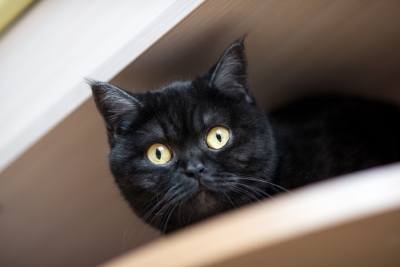What Are Some Causes of Appetite Changes in Cats?
As every cat owner knows, most cats’ days revolve around eating and sleeping. Changes in appetite may be an indication of a possible health issue. If your cat seems reluctant to eat or is leaving part of the food untouched, it may be time to call a vet clinic in Campbell and set up an appointment for your pet to make sure that nothing is wrong. These are some of the possible reasons your pet’s appetite may have changed:
Food preference. Just like their owners, cats like certain types of food more than others. If you’ve recently changed your cat’s food, your pet may simply dislike the new brand. Other cats dislike certain types of food, such as beef. If your cat is turning up its nose at the food you put out for it, you might try switching to a different type. If your cat is still reluctant to eat, however, it’s time for a checkup.
Stress. In many cases, a low appetite is a sign that a cat is stressed. Cats often experience stress after a move, when they are still getting accustomed to a new and unfamiliar environment. Exposure to other animals may also cause a cat anxiety and lead to reduced appetite. If you think that your cat is feeling anxious, ask your vet for advice.
An upset stomach. Your cat may have a lower appetite than usual because of stomach distress, which can make it uncomfortable or even painful to eat. Possible causes of stomach problems include gastroenteritis, pancreatitis, and colitis. Cats with upset stomachs may show other signs such as diarrhea or vomiting.
Kidney disease. Low appetite can also be a warning sign of kidney disease, a common problem for older cats. Cats that have kidney disease experience nausea, which makes them not want to eat. Kidney disease is a life-threatening issue that needs to be diagnosed by a veterinarian as soon as possible.

